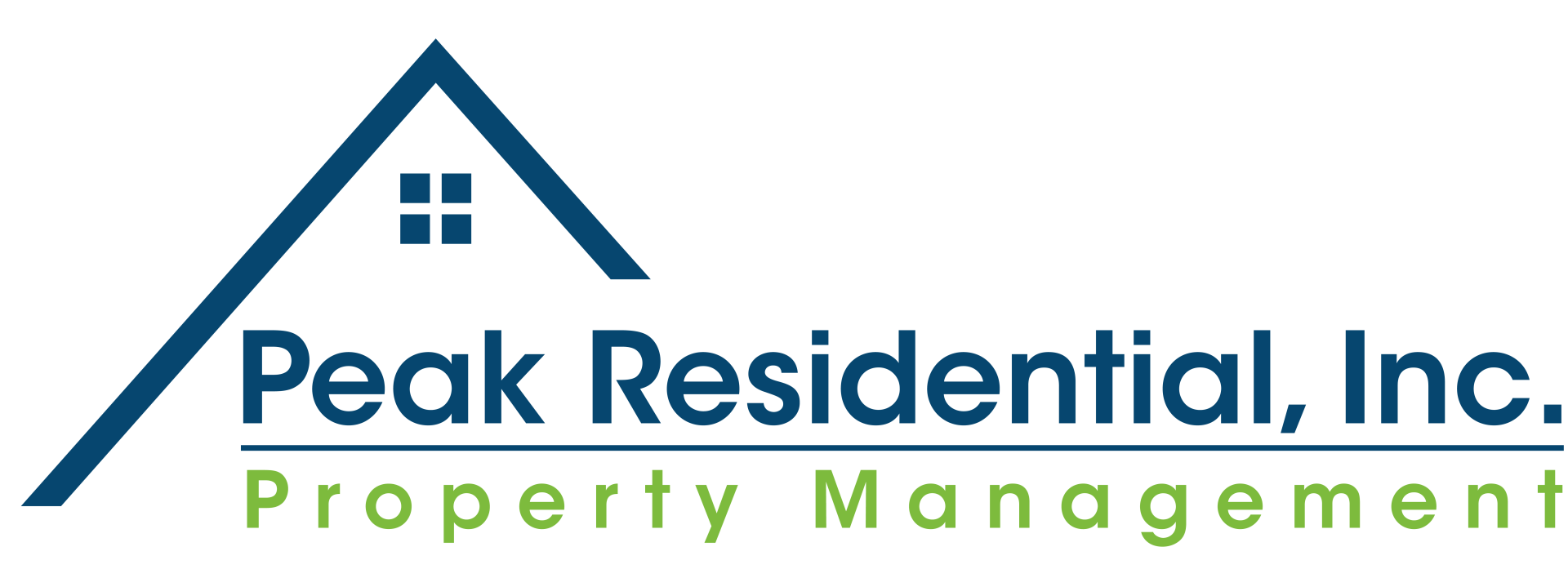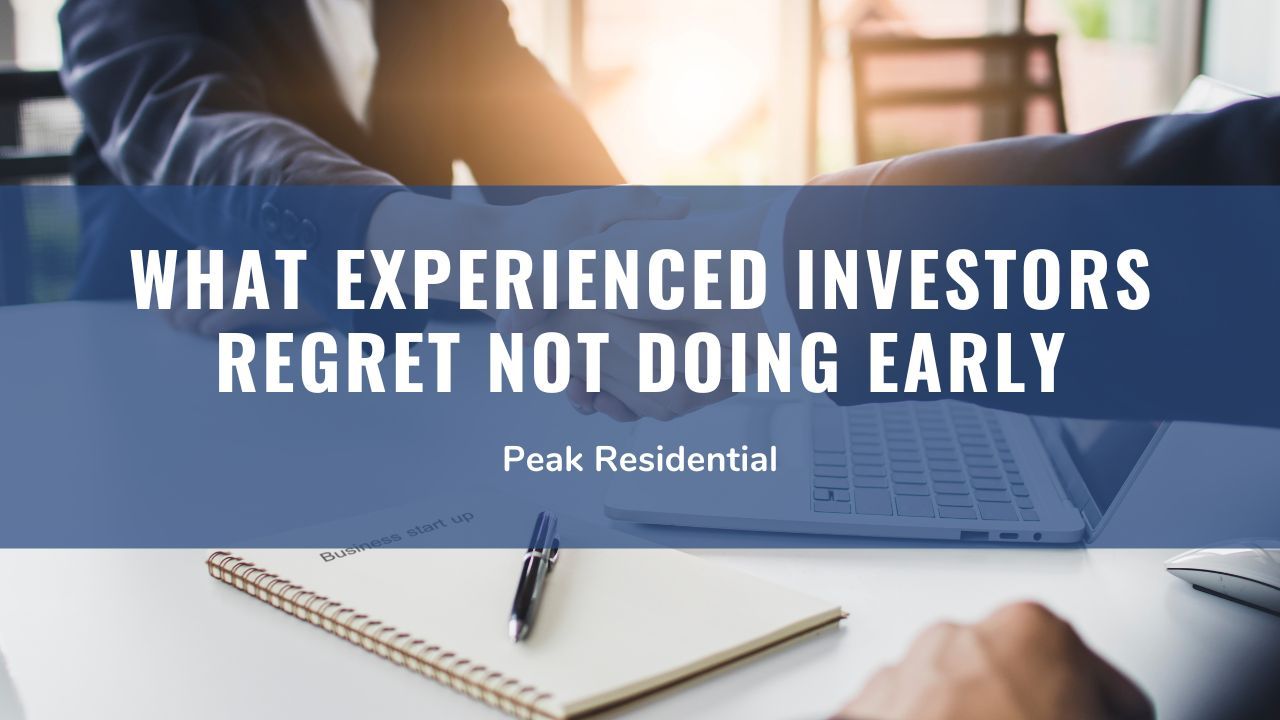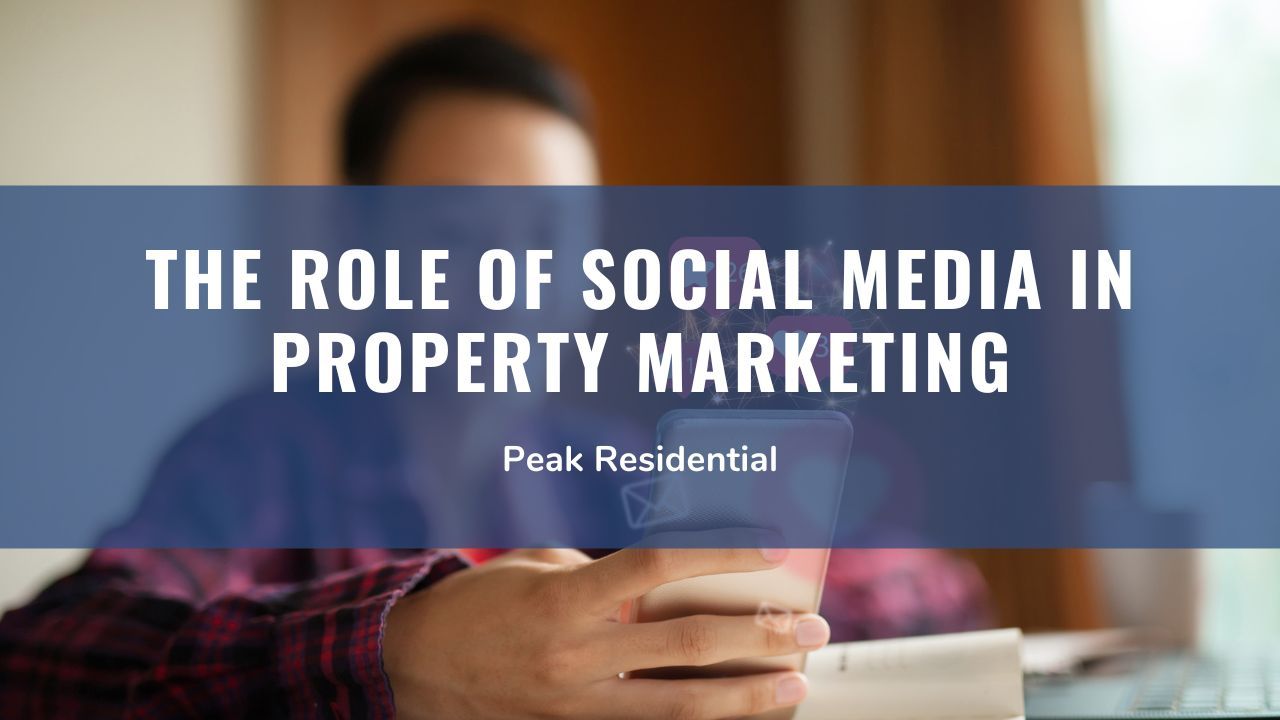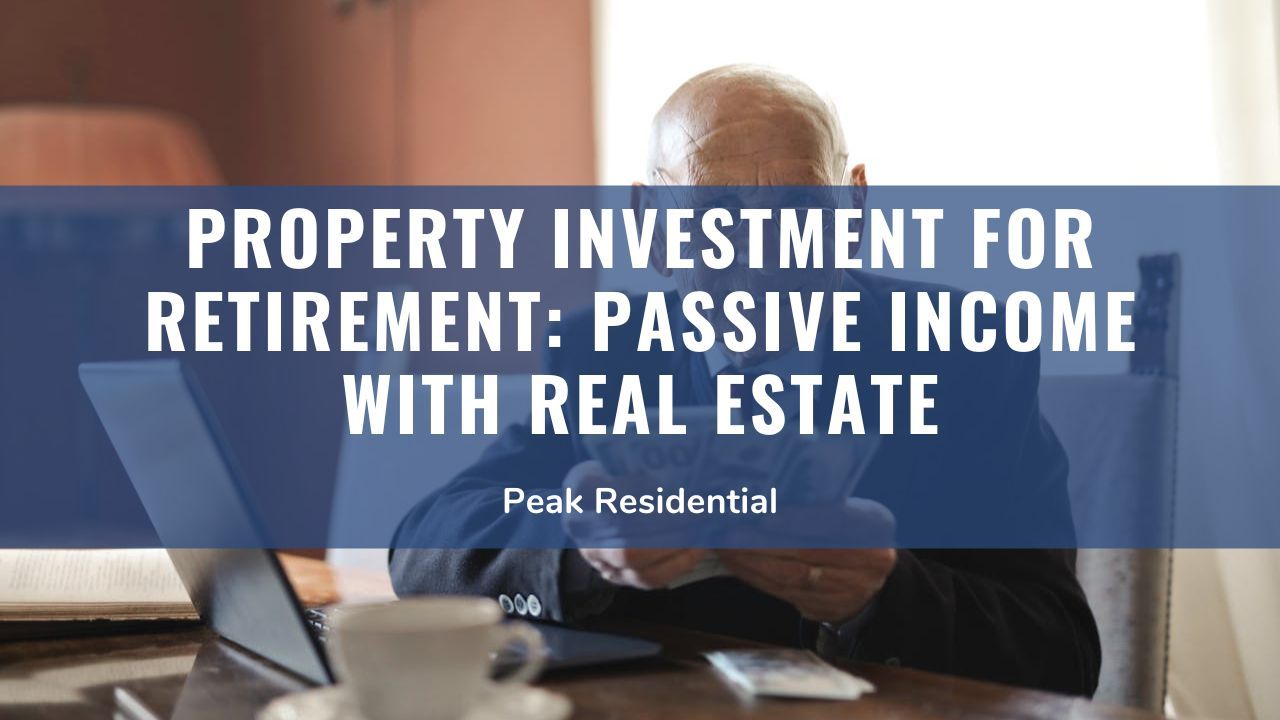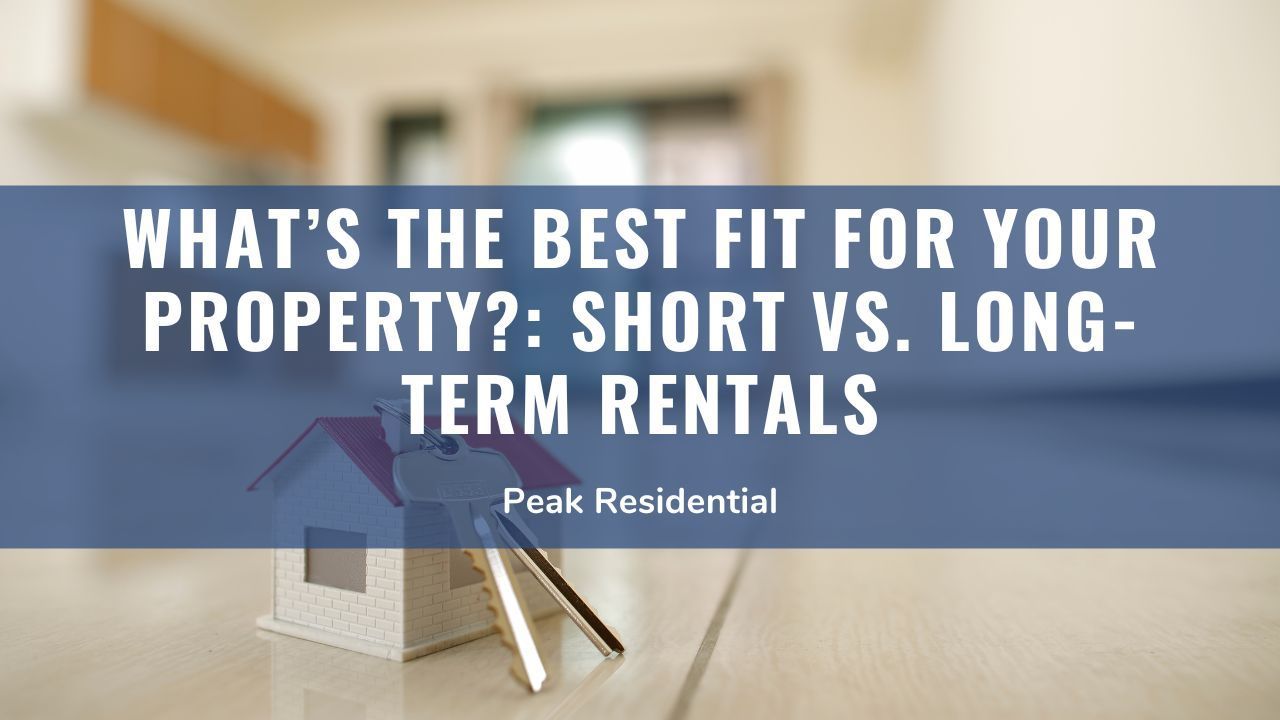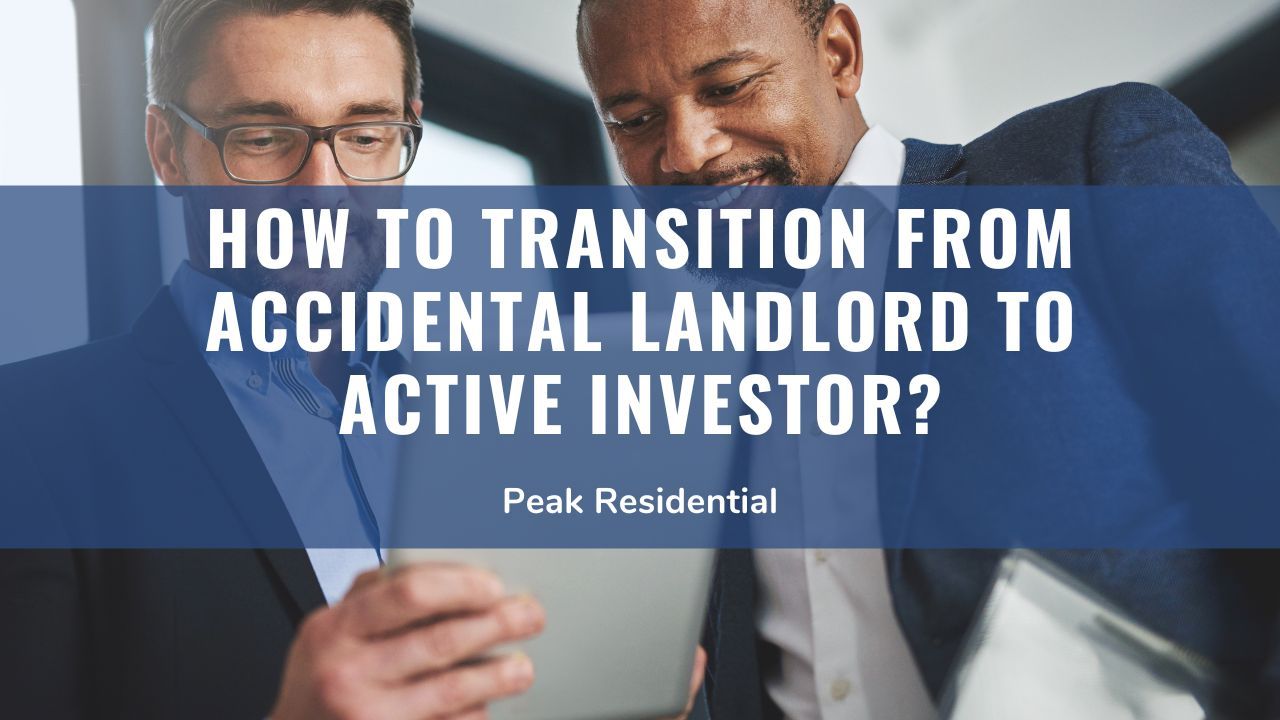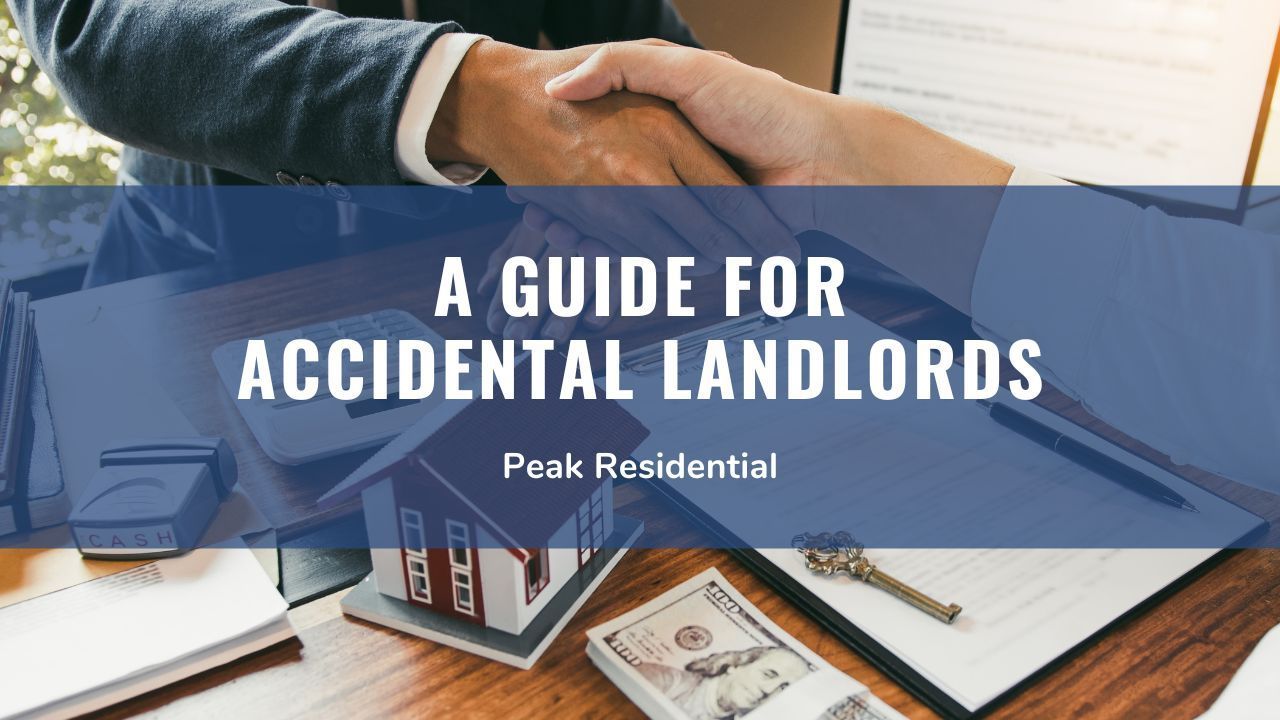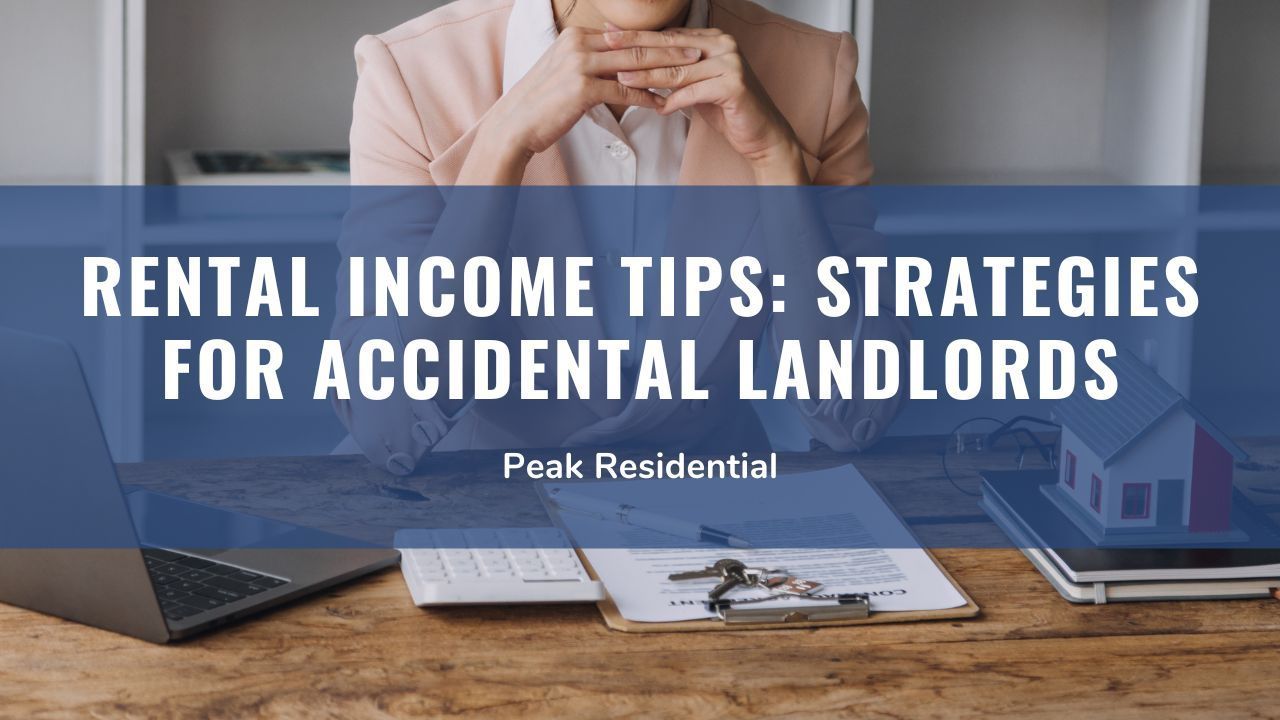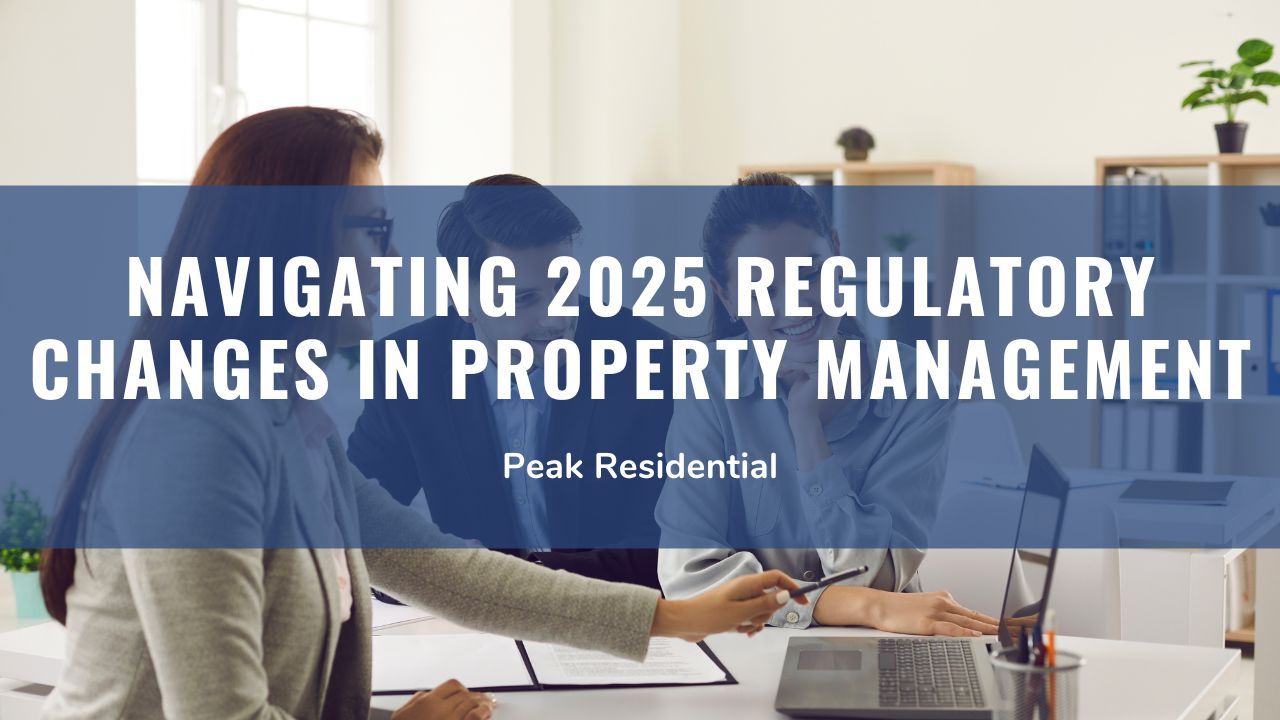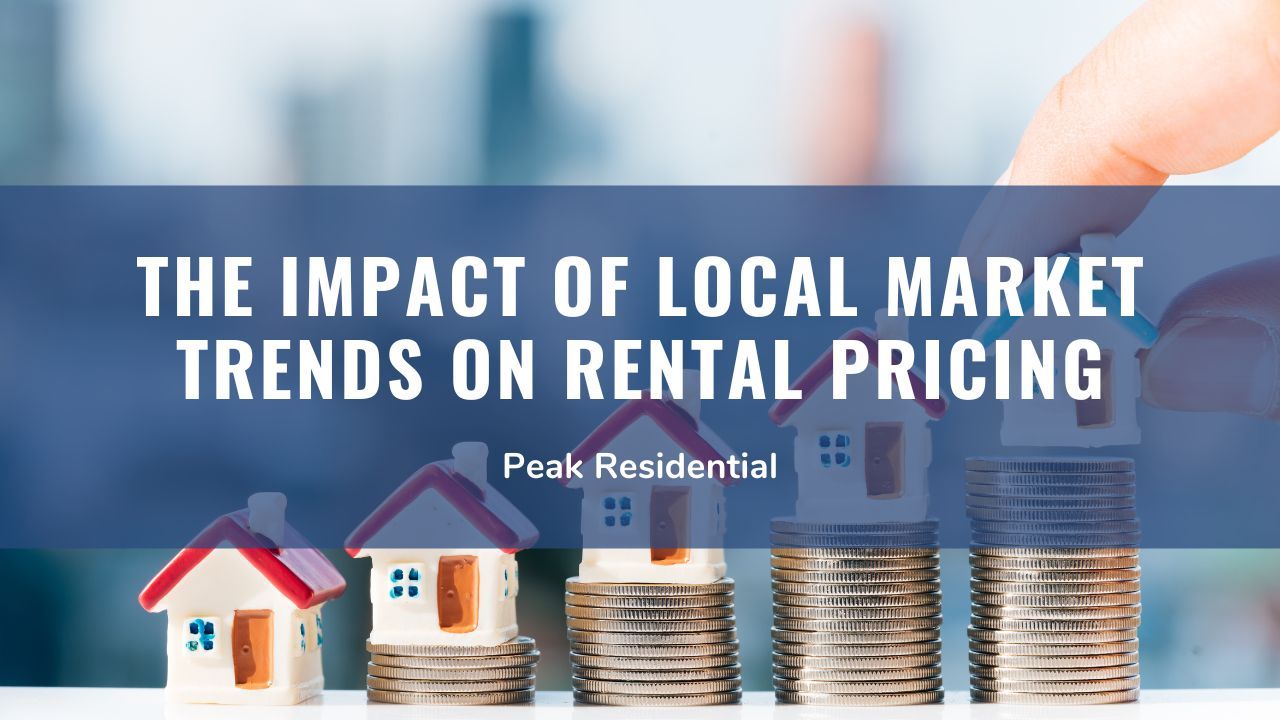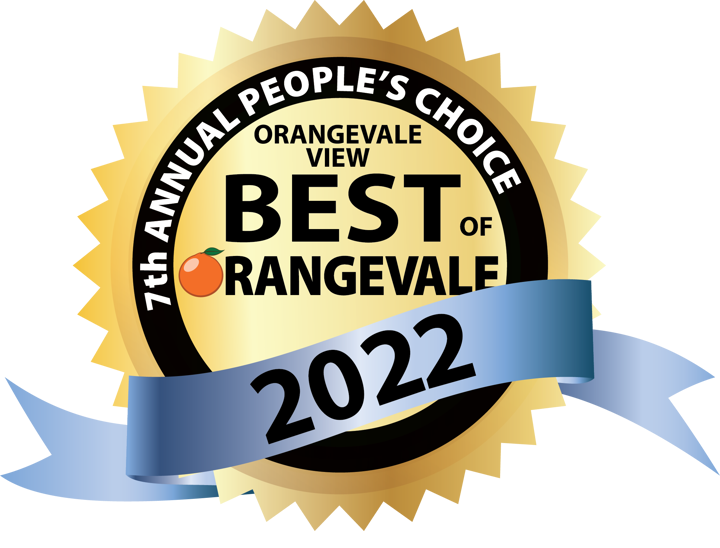As a rental property investor, there are several reasons why you’d opt to manage some of your properties remotely. Perhaps you found a decently priced rental property in another city or state, or you’ve relocated and want to rent out your house instead of putting it on the market.
Regardless of the reason, managing long distance rental properties remotely has been made easier by advanced technology. However, this setup is not without challenges and undertakings. Here at Peak Residential, we have put together some tips to help long-distance landlords
Screen Tenants Thoroughly
When you are a long-distance landlord, it could take weeks or even months for you to visit the long distance rental city. Doing a quick drive-by in between your errands also isn’t possible so it’s crucial that you choose your tenants carefully.
Thoroughly screen every applicant before signing the lease and be consistent with your process to choose the perfect fit and avoid any issues. You want a renter who can help protect your investment and make timely rent payments ensuring your rental income. Be well-versed with the Landlord-Tenant responsibilities and abide by the Fair Housing Act when conducting a tenant screening.
Validate their employment, look into their financial records and go through rental verification. The process may be time-consuming, but the benefits you reap will be worth it when you have chosen the perfect tenant.

Establish Clear and Consistent Communication
Once the vacancy has been filled and the lease is signed, as a remote landlord you need to keep your lines of communication open. It’s important that your tenants know that they can reach you. Since you can’t be at the rental property at short notice, your tenants would have to be your eyes and ears on the ground.
Make them feel comfortable when communicating with you so it’s easy for them to report any concerns that they may have during their tenancy. Issues can range from plumbing, electrical problems, or damage to fixtures. It’s in your best interest to be informed of damages as soon as possible so you can do something to resolve them.
Set proper expectations and encourage tenants to reach out to you as soon as a problem presents itself. Schedule a monthly check-ins with your tenant to ask about their well-being and inquire about the long distance rental home’s condition. You can also provide contact information trusted local vendors who can address emergency issues on your behalf, but ensure that tenants still inform you of issues.
Note that there’s fine line between being nosy and encouraging, so limit your calls and respect your tenant’s quiet enjoyment. Call too frequently and might push your renters to shut down and reject your calls altogether.

Schedule Your Visit to Your Rental Property
Part of maintaining a long distance rental property, or otherwise, is to visit it at least once a year. If you don’t see the rental property with your own eyes, that would mean trusting your tenants completely and taking their word when it comes to your long distance rental property’s health. With this type of high-value investment, it’s not a risk worth taking.
If you are thinking about the expenses tied to your visit, then you must be knowledgeable about the US tax law. It states that expenses related to visiting your out-of-state rental properties may be tax-deductible. You can deduct the cost of meals, mileage, plane tickets, and hotel stays from your long distance rental property profits.
Use these tax benefits to your advantage by scheduling a visit to your rental property at least once a year. Maximize this visit by taking corrective action and making sure that your renters are happy with their stay.
Be Aware of Market Trends
As a remote landlord, it’s crucial that you pay attention to the competition. It’s easy to get disconnected from current affairs, news and happenings in an area you don’t live in. That said, it’s important to be up-to-date with everything that impacts the rental market such as demographic changes, government policies, and business environment.

It’s crucial that you keep up with the times to remain in the competitive market. If you don’t, you might find out you’ve been charging the wrong rent. If the market changes and you’re charging less, your property to rent might underperform making it hard to maximize your ROI. On the other hand, you might be charging too much, making your vacancy rate higher.
As an out-of-state landlord, it’s therefore essential that you follow the local news and the rental market performance. This way, you can make effective adjustments in real time.
Network with Locals
Managing rental properties remotely comes with great responsibilities and challenges. Because of normal wear and tear, some issues and repair requests can be expected. When this happens, it’s best that you reach out to local experts.
When purchasing an out-of-state property to rent, it’s recommended that you take the time to look around the neighborhood and build a network, especially with local contractors. When needed, you can easily reach out to them to take care of the repairs or refer you to someone they know.
If you don’t take these things into consideration, you’ll end up stressed and looking for local workers to address the situation swiftly. What’s more, since you are unsure of their service, you are also putting your renters’ satisfaction at stake. So, it’s in your best interest to do your research and identify the best local contractors and maintenance service providers.
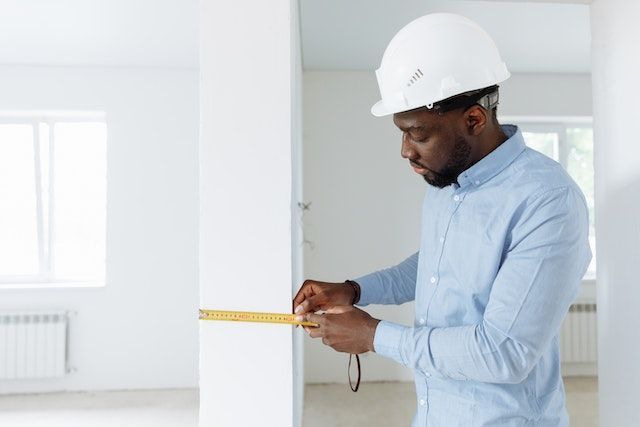
You could also opt to hire a local property management company in the city, as they’ll be able to screen tenants, adjust rent, maintain the property to rent and keep you informed of your investments performance. They will also help you search for new tenants.
Bottom Line
Being a landlord, remote or otherwise, comes with a lot of responsibilities for the property to rent. As a long-distance landlord, you’ll need to ensure that your communicating efficiently and staying organized to protect your investment.
If you are a long-distance landlord looking for help, hire Peak Residential. We’re a trusted property management firm dedicated to provide quality property management services. Contact us today!
